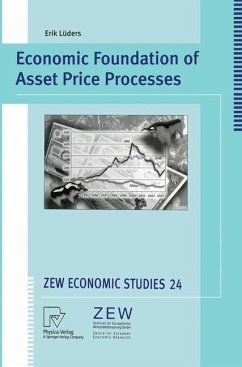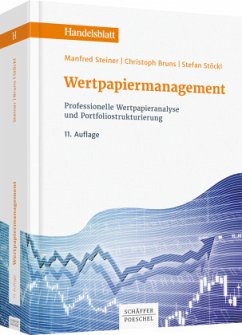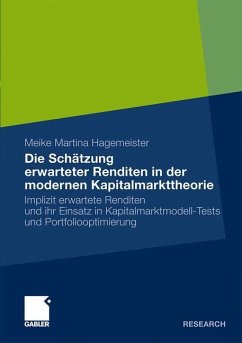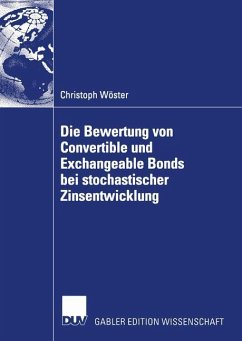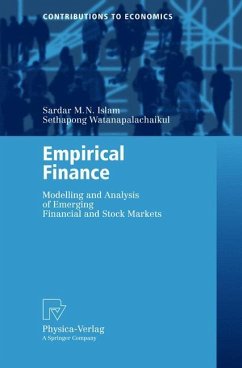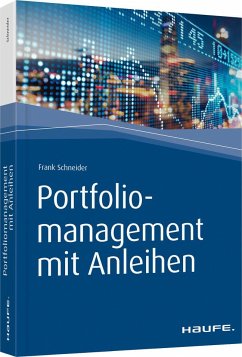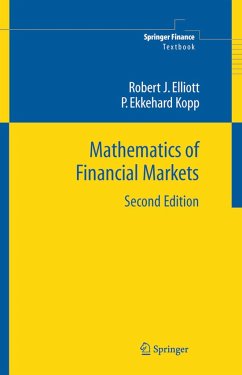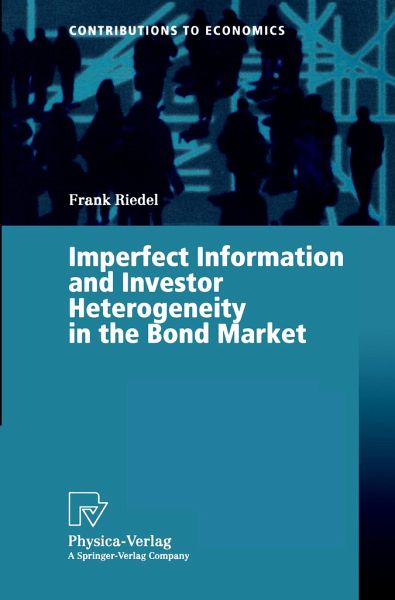
Imperfect Information and Investor Heterogeneity in the Bond Market

PAYBACK Punkte
20 °P sammeln!
Real world investors differ in their tastes and attitudes and they do not have, in general, perfect information about the future prospects of the economy. Most theoretical models, however, assume to the contrary that investors are homogeneous and perfectly informed about the market. In this book, an attempt is made to overcome these shortcomings. In three different case studies, the effect of heterogeneous time preferences, heterogeneous beliefs and imperfect information about the economy's growth on the term structure of interest rates are studied. The initial chapter gives an introduction to...
Real world investors differ in their tastes and attitudes and they do not have, in general, perfect information about the future prospects of the economy. Most theoretical models, however, assume to the contrary that investors are homogeneous and perfectly informed about the market. In this book, an attempt is made to overcome these shortcomings. In three different case studies, the effect of heterogeneous time preferences, heterogeneous beliefs and imperfect information about the economy's growth on the term structure of interest rates are studied. The initial chapter gives an introduction to the theory of financial markets in continuous time under imperfect information and establishes the existence of an equilibrium with complete markets.







